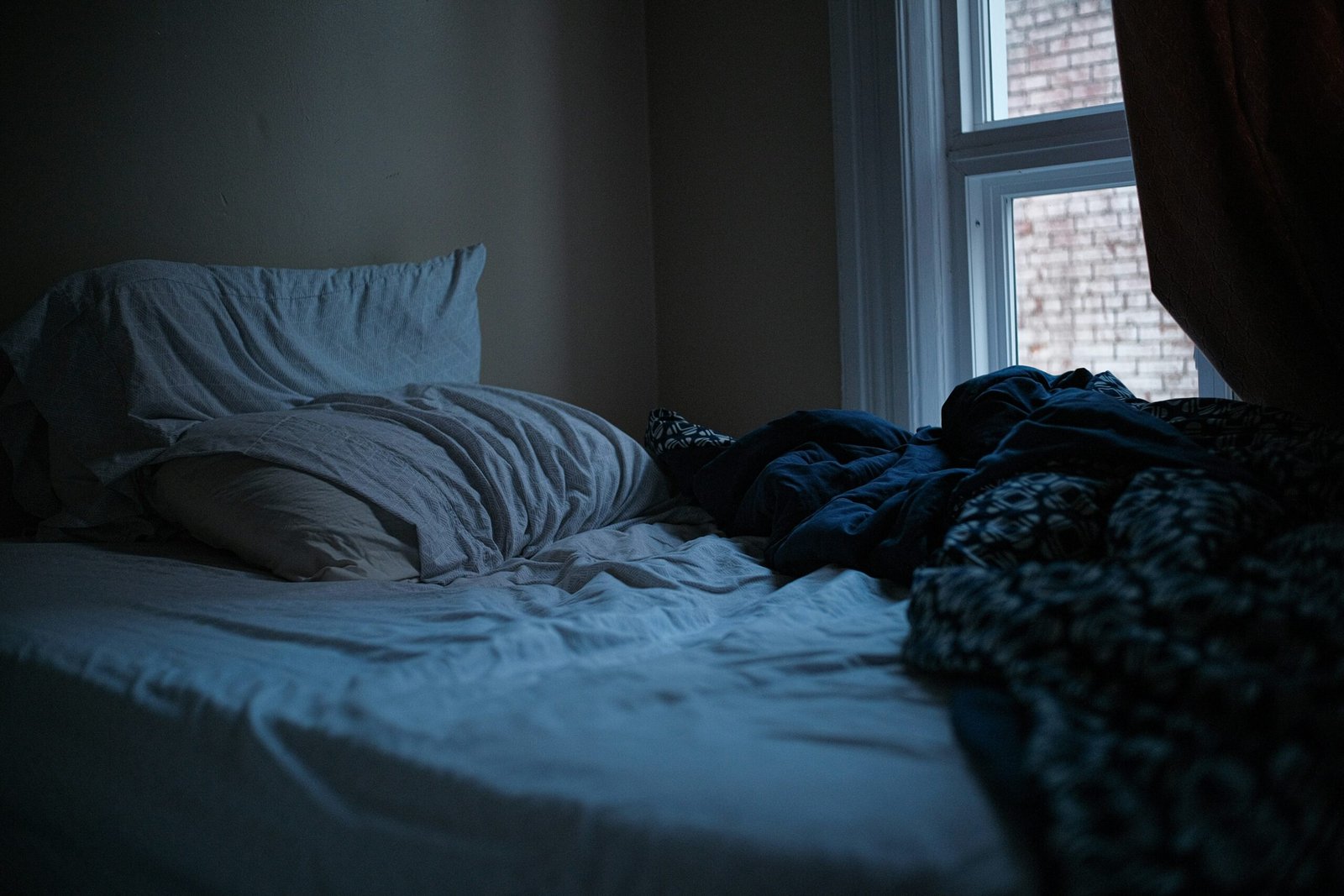Struggling to sleep or calm your mind, even after trying all the usual fixes? You’re not alone; and there may be a better way. More and more people are finding relief with natural supplements like melatonin, magnesium, and herbal blends. Backed by science, these gentle alternatives are offering real hope for those dealing with restless nights and anxiety. In this article, we’ll explore how these remedies work, what the research says, and how to use them safely to help you feel more balanced, naturally.
Key Nutritional Supplements for Anxiety and Sleep
Magnesium variants play a central role in managing both anxiety and sleep issues. Clinical trials for magnesium threonate have used daily doses between 1500 and 2000 mg over 12 weeks, illustrating its capacity to support neural plasticity and improve sleep.
In contrast, magnesium glycinate—with anecdotal usage around 130 mg—presents better bioavailability than oxide or dioxide forms. This difference in absorption reinforces its practical application for those seeking immediate benefits from minimal doses.
Vitamin D3 has emerged as another critical nutrient, with some users reporting improved mood regulation and sleep cycle normalization. Melatonin, despite its common use, has drawn caution when lack of perceived benefits prompts discontinuation by certain experts. In addition, low doses of theanine, ranging from 100 to 400 mg, are increasingly incorporated into supplement stacks, often complemented by B vitamins to boost overall anxiolytic and sleep-promoting effects.
These compounds collectively offer a multi-faceted approach towards calming the nervous system and balancing circadian rhythms.
- Magnesium (Threonate vs. Glycinate)
- Vitamin D3
- Melatonin with caution notes
- Theanine and B vitamins
| Supplement | Dosage Range | Scientific Note |
|---|---|---|
| Magnesium Threonate | 1500–2000 mg daily | Clinical trials over 12 weeks; supports neural function |
| Magnesium Glycinate | Approximately 130 mg | Anecdotal evidence suggests superior bioavailability |
| Theanine | 100–400 mg | Contributes to relaxation when combined with B vitamins |
This detailed analysis underscores the importance of selecting precise supplement forms and dosages. The evaluation of these key nutritional components offers a clear, research-driven framework, enabling consumers to make informed decisions and harness the benefits of a robust sleep and anxiety nutrient regimen.
Supplements for Anxiety and Sleep Management
Clinical investigations continue to explore the nuances of natural supplements for anxiety and sleep management. One study examined magnesium threonate using daily doses of 1500–2000 mg over a 12-week period. Although these high doses achieved only marginal improvements in sleep quality, they underscore the importance of tailored dosing based on individual response.
Similarly, phase two trials of alanine, administered at doses between 200 and 900 mg, have shown improved sleep efficiency in targeted populations.
Questions regarding specific dosage guidelines are addressed with high precision:
Q: What is the effective dosing range for theanine?
A: 100–400 mg.
This answer is derived from current research, which indicates that while theanine demonstrates promise in aiding relaxation, its direct impact remains limited by sparse data.
Furthermore, expert opinions suggest that the collective efficacy of these supplements relies not only on their isolated properties but also on the synergistic interactions within multi-component regimens. Integrating these findings into practice necessitates a balanced approach between empirical evidence and individual biochemistry.
These insights provide an actionable framework for informed supplementation strategies against anxiety and sleep disturbances.
Final Words
This article explored simple, natural ways to feel calmer and sleep better. It looked at how much of each supplement to take, what the latest research says, and shared expert advice to help make things easy to understand. From different forms of magnesium to everyday wellness tips, the article offered clear, practical ideas you can try right away. It also highlighted safe, trustworthy brands for those looking to avoid harsh medications. The heart of it all? Helping you feel more balanced, relaxed, and confident in your wellness journey naturally.
FAQ
Q: What is the most effective natural supplement for anxiety relief?
A: Magnesium threonate demonstrates significant anxiety-reduction properties at doses of 1500-2000mg daily. This highly bioavailable form crosses the blood-brain barrier effectively for optimal results.
Q: How can someone reduce anxiety naturally at night?
A: The combination of magnesium glycinate (130mg) and L-theanine (200-400mg) creates a powerful relaxation stack. These supplements promote alpha brain wave activity and reduce nighttime stress.
Q: Which vitamin supplements help with anxiety and depression?
A: Vitamin D3 and B-complex vitamins play crucial roles in mood regulation and neurotransmitter production. These nutrients support serotonin synthesis and reduce stress response.
Q: What are the most potent herbal supplements for anxiety?
A: Ashwagandha and Kava lead the botanical category for anxiety management. These adaptogenic herbs demonstrate significant stress-reduction properties through multiple biochemical pathways.
Q: What is the optimal supplement stack for sleep and anxiety?
A: A strategic combination includes magnesium threonate (1500mg), L-theanine (200mg), and ashwagandha. This stack targets multiple neurological pathways for comprehensive relief.
Q: How does the 3-3-3 rule work for anxiety management?
A: The 3-3-3 rule directs attention to naming three visible objects, three sounds, and moving three body parts. This grounding technique activates present-moment awareness.
Q: Which supplements work fastest for anxiety relief?
A: L-theanine provides rapid anxiety relief within 30-60 minutes. This amino acid crosses the blood-brain barrier quickly, promoting alpha wave production and relaxation.
Q: How can supplements enhance sleep quality?
A: Magnesium glycinate combined with chamomile extract optimizes sleep architecture. This combination supports GABA production and reduces nocturnal awakening patterns.






